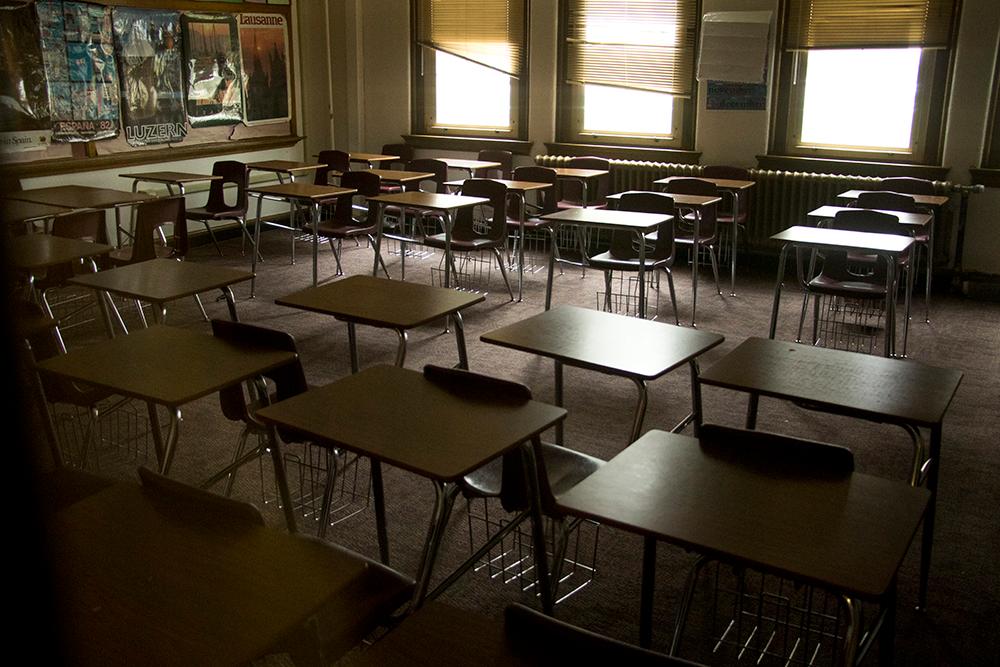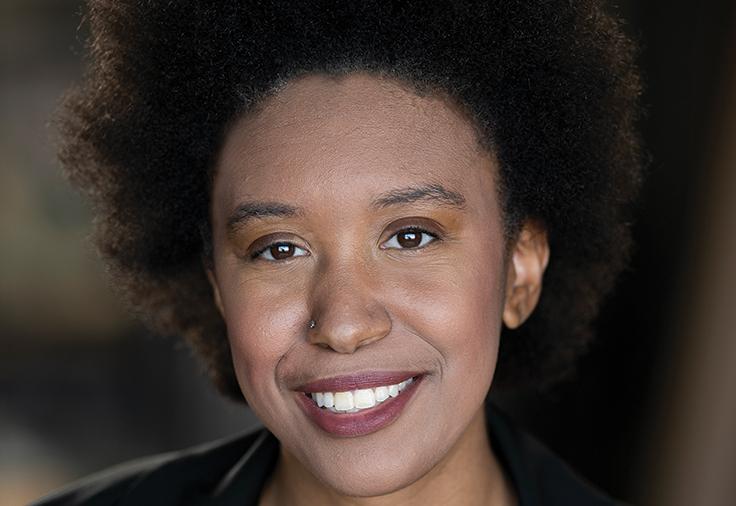
The good news for Colorado is that more aspiring teachers took special training in 2018 aimed at curbing the state’s teacher shortage. But what that means remains to be seen.
The state has released a new database that will continue to track the number of participants and how the programs impact schools.
The latest numbers come from the 2017-18 academic year and show that 12,486 people enrolled. That’s an increase of 10.5 percent over the previous three years.
That same school year, 85 percent of rural districts and 80 percent of urban districts in Colorado saw a drop in the number of qualified candidates who applied compared to the year before.
“The shortage has been particularly difficult in some of our rural areas across the board,” said Carolyn Haug, who directs research and impact in educator talent for the Colorado Department of Education.
Rural districts generally have trouble finding teachers for all subjects, while urban and suburban schools struggle to fill voids in specific subjects, Haug said. Statewide, there is a shortage of teachers for secondary math and science, special education and linguistics classes.
Most of Colorado’s aspiring teachers involved in the program are female and white. And the state has seen a small uptick in the number of Hispanic women who enrolled.
Two-thirds of the program’s graduates in 2018 found jobs at public schools in the state. School districts in Denver, Aurora, Jefferson and Douglas counties hired 38 percent of that class. And one-third of the teachers were placed in schools with high rates of poverty, minority students or English-language learners.
The Colorado Department of Education’s database starts with the 2013-14 academic year.









